Session
Roundtable
Duration (minutes): 90
Format description: This meeting urges for open discussions, collecting input by all participants, and is not framed as the panel conversation. Bearing in mind the importance of the meeting and the expected number of participants, the duration of 90 minutes is most suitable.
The Open Consultation Process (OCP) lays the groundwork for shaping the WSIS Forum’s agenda and program, fostering a participatory and inclusive approach. This process invites contributions from various stakeholders—governments, private sector, civil society, technical community, academia, and international organizations—to ensure broad ownership and continuous improvements. Through consultative meetings and online submissions, the OCP collects input to shape the development of the WSIS Forum.
The Second Meeting of the Open Consultation Process will build on previous discussions, continuing to gather input from stakeholders to shape the agenda, program, and format of the WSIS Forum 2025, branded as the WSIS+20 High-Level Event, scheduled for 7–11 July 2025 in Geneva, Switzerland. The session will provide an open platform for participants to engage in discussions, share ideas, and contribute to the Event’s preparations. Participants will also have the opportunity to receive updates on the latest activities related to the WSIS Process and its alignment with the Sustainable Development Goals (SDGs).
The WSIS+20 High-Level Event 2025 will be co-hosted by ITU and the Swiss Confederation. It will serve as a platform for discussion of the WSIS+20 review and the WSIS Action Lines and to take stock of the achievements and key trends, challenges and opportunities since the Geneva Plan of Action. The Event will highlight the way forward in preparation for the second review by the UN General Assembly, ensuring the continued relevance of the WSIS framework in digital governance.
During this session, co-hosts and co-organizers will share the latest updates on preparations for the WSIS+20 High-Level Event in 2025. Following the updates, participants are invited to join an open discussion to exchange ideas and insights.
Agenda
-
Welcome and Introduction by Gitanjali Sah, Strategy and Policy Coordinator, ITU
-
Opening remarks by co-host, Swiss Confederation: Amb. Thomas Schneider, Ambassador and Director of International Affairs, Switzerland
-
Brief remarks by co-organizers:
-
Dr. Tawfik Jelassi, Assistant Director-General for Communication and Information, UNESCO
-
Mr. Robert Opp, Chief Digital Officer, UNDP
-
Mr. Torbjörn Fredriksson, Head, E-commerce and Digital Economy Branch, UNCTAD (remote)
-
-
WSIS+20 Forum High-Level Event Updates by Ms. Gitanjali Sah, Strategy and Policy Coordinator, ITU
-
Open floor for contributions and inputs/Q&A with all stakeholders
🔒International Telecommunication Union (ITU), United Nations Educational, Scientific and Cultural Organization (UNESCO), United Nations Development Programme (UNDP), United Nations Conference on Trade and Development (UNCTAD)
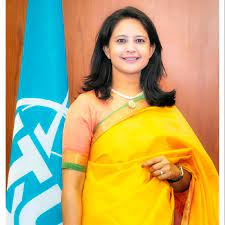
Ms. Gitanjali Sah, Strategy and Policy Coordinator, International Telecommunication Union (ITU)Moderator

Mr. Thomas Schneider, Ambassador and Director of International Affairs, Office Fédéral de la Communication (OFCOM), Switzerland, Co-host of the WSIS+20 High-Level Event 2025
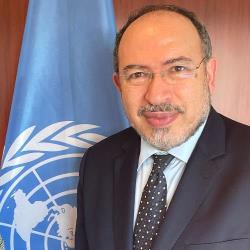
Dr. Tawfik Jelassi, Assistant Director-General for Communication and Information, United Nations Educational, Scientific and Cultural Organization (UNESCO)
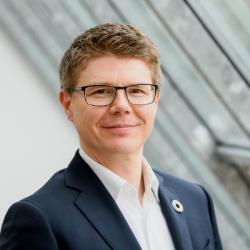
Mr. Robert Opp, Chief Digital Officer, United Nations Development Programme (UNDP)
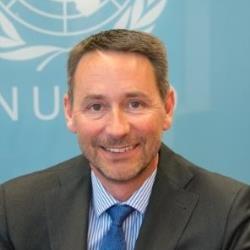
Mr. Torbjörn Fredriksson, Head, E-commerce and Digital Economy Branch, United Nations Conference on Trade and Development (UNCTAD)
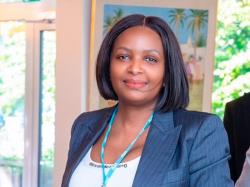
Ms. Cynthia Lesufi, Chair of ITU CWG-WSIS&SDG, South Africa

Ms. Mina Seonmin Jun, Vice Chair of ITU CWG-WSIS&SDG, South Korea

Ms. Anriette Esterhuysen, Senior advisor global and regional internet governance, Association for Progressive Communications (APC)

Ms. Cheryl Miller, Vice President, Digital Policy, United States Council for International Business (USCIB)

Mr. Chengetai Masango, Head of the Secretariat of the Internet Governance Forum (IGF), IGF Secretariat

Ms. Meni Anastasiadou, Policy Manager, ICC Basis
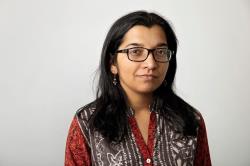
Ms. Nandini Chami, Deputy Director and Fellow - Research and Policy Engagement, IT for Change
Mr. Felix Nyström, First Secretary, Permanent Mission of Sweden to UN
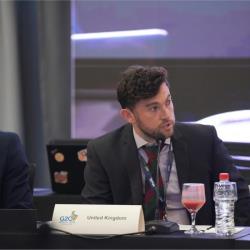
Mr. Craig Stanley-Adamson, Head of Internet Governance, Department for Science, Innovation & Technology, United Kingdom
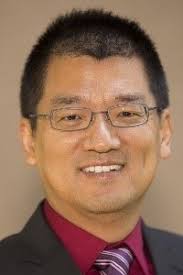
Mr. Wallace S. Cheng, Head of Impact, Innovation and Development, Globethics
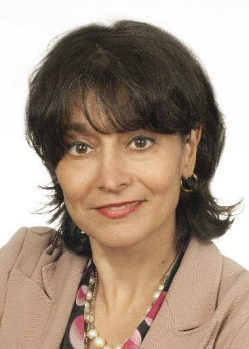
Ms. Samia Melhem, Lead Digital Policy Specialist, World Bank
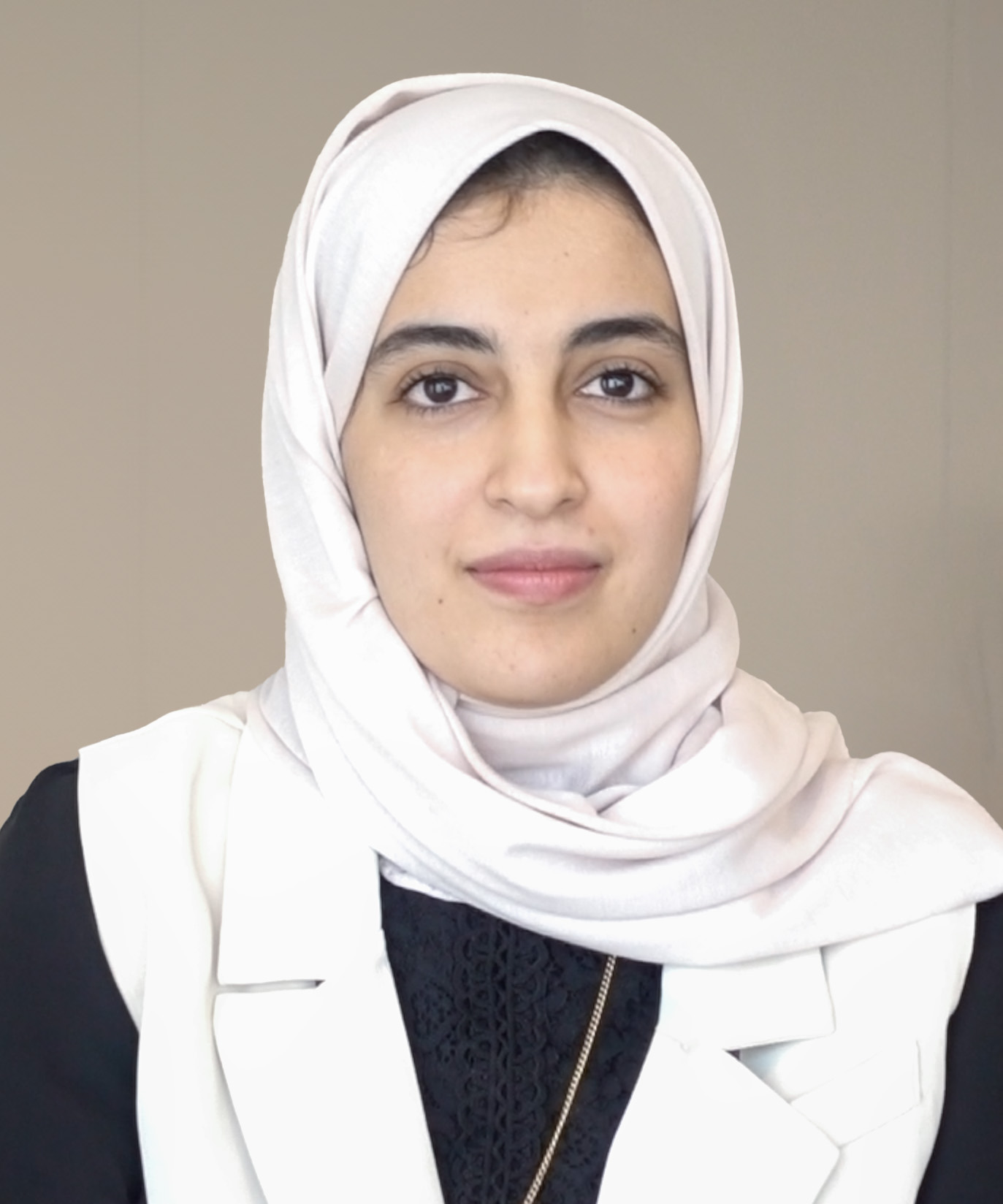.jpg?maxwidth=250)
Ms. Halima Ismaeel, ITU Secretary-General’s Youth Advisory Board Representative, Arab States, Kingdom of Bahrain
Ms. Gitanjali Sah, ITU
Mr. Vladimir Stankovic, ITU
Mr. Vladimir Stankovic, ITU
1. No Poverty
2. Zero Hunger
3. Good Health and Well-Being
4. Quality Education
5. Gender Equality
6. Clean Water and Sanitation
7. Affordable and Clean Energy
8. Decent Work and Economic Growth
9. Industry, Innovation and Infrastructure
10. Reduced Inequalities
11. Sustainable Cities and Communities
12. Responsible Production and Consumption
13. Climate Action
14. Life Below Water
15. Life on Land
16. Peace, Justice and Strong Institutions
17. Partnerships for the Goals
Targets: www.wsis.org/sdg The WSIS Process first overall review was successfully completed in 2015, and second 10-year mandate by UNGA complimented the implementation of the 2030 Agenda for Sustainable Development. The UN focal points for WSIS Action Lines have produced the WSISSDG Matrix, a mapping exercise that draws direct linkages of the WSIS Action Lines with the proposed SDGs to continue strengthening the impact of Information and Communication Technologies (ICTs) for sustainable development. Each UN Action Line Facilitator has analyzed the connections and relations of their respective Action Line with the proposed SDGs and their targets. This is a living document and changes can be introduced by Action Line Facilitators, if needed. The goal is to create a clear and direct link and an explicit connection between the key aim of the WSIS, that of harnessing the potential of ICTs to promote and realize the development goals, and the post 2015 development agenda, so as to contribute to the realisation of the latter. Action Line C1 Action Line C2 Action Line C3 Action Line C4 Action Line C5 Action Line C6 Action Line C7 E-Government Action Line C7 E-Business Action Line C7 E-Learning Action Line C7 E-Health Action Line C7 E-Employment Action Line C7 E-Environment Action Line C7 E-Agriculture Action Line C7 E-Science Action Line C8 Action Line C9 Action Line C10 Action Line C11